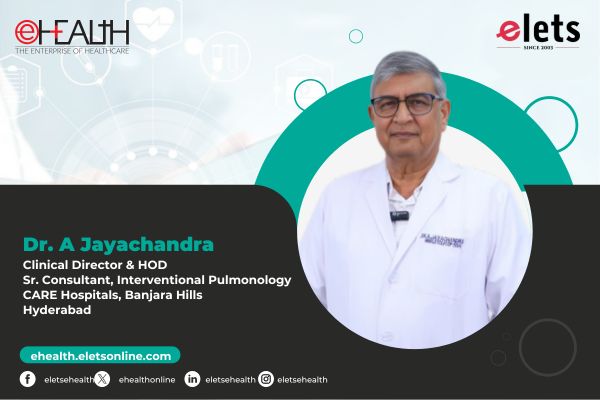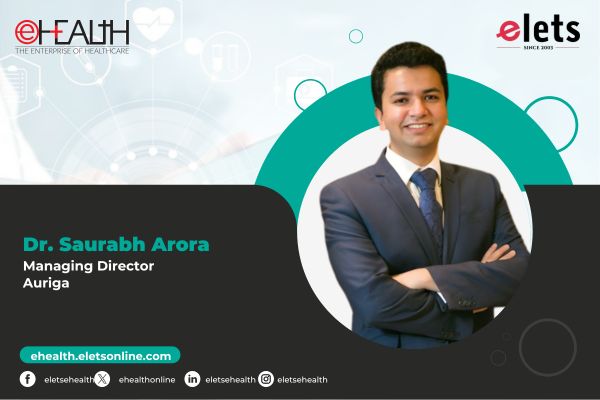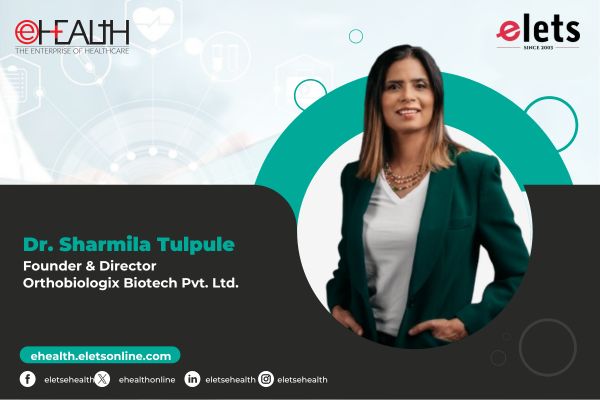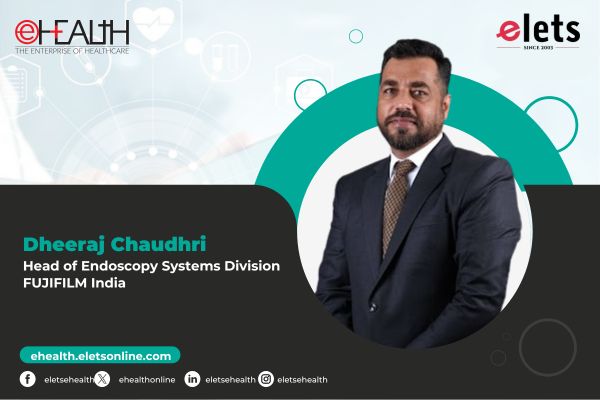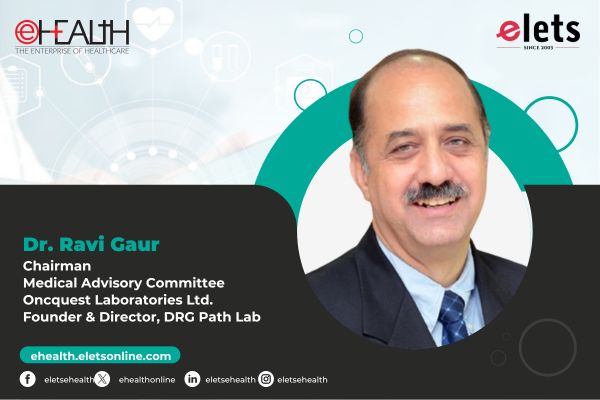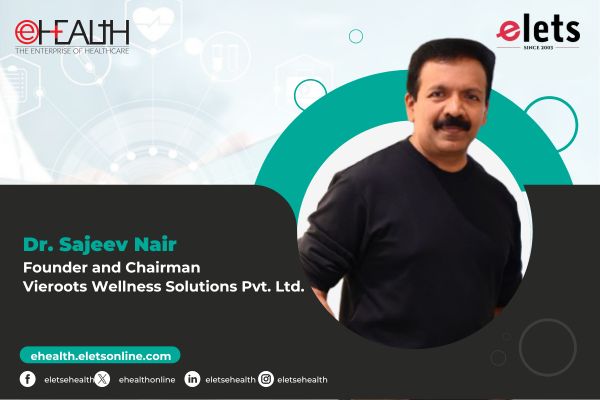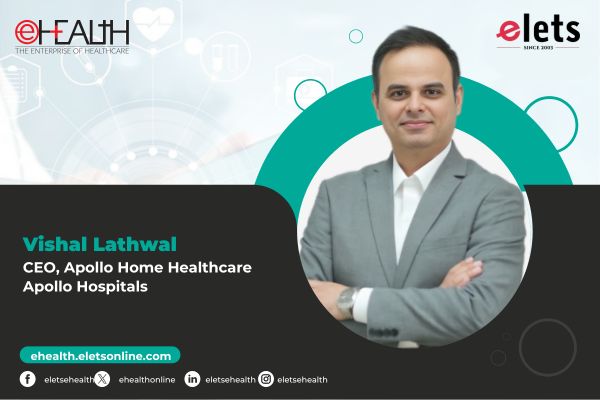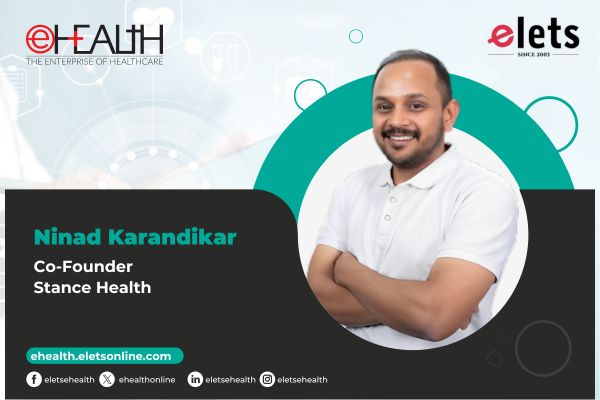
Healthcare is undergoing a structural shift, much like how industries have evolved to cater to specialised consumer needs. Traditionally, all-encompassing hospital models are giving way to focused, condition-specific care centres. The rise of verticalized healthcare is being driven by several factors: increasing patient demand for precision-driven treatment, advancements in medical technology, and the need for improved clinical outcomes. Whether it is cardiac care, orthopaedics, or ophthalmology, specialisation is proving to be more effective in delivering superior health results.
Ophthalmology is a discipline that relies on high-precision diagnostics and microsurgical advancements to ensure optimal patient outcomes. Birthing and fertility care thrive in dedicated centres like CloudNine, which provide highly specialised care environments. These examples illustrate a broader trend—verticalized healthcare is becoming the preferred model for delivering high-quality, patient-centred care.

When healthcare is structured around specific conditions, it leads to higher accuracy in diagnosis, better availability of allied services, improved patient experiences, and better long-term outcomes. This approach has already demonstrated success in ophthalmology through institutions like Narayana Nethralaya and Dr. Agarwal’s Eye Hospitals, and in birthing and fertility care with CloudNine and Motherhood. Given this precedent, why should orthopaedic and musculoskeletal (MSK) care be any different?

Musculoskeletal disorders affect approximately 280 million Indians, making them one of the most prevalent chronic health conditions in the country (Indian Journal of Orthopaedics, 2023). Despite this, most treatment models focus on temporary pain relief rather than long-term rehabilitation and recovery. Whether it is lower back pain, knee injuries, or post-surgical rehabilitation, patients often navigate a fragmented system involving orthopaedic doctors, physiotherapists, and personal trainers, with no structured, outcome-driven approach. This is where a verticalized healthcare model in MSK care can make a meaningful difference. This change has already started happening for post-surgical patients, where patients get transferred into rehabilitation centres for a few weeks after surgery to ensure the efficacy of the surgical procedure. However, this approach needs to be widened to be available to the non-surgical audience, without necessarily needing to live in rehabilitation centres.


Orthopaedic and MSK care requires a specialised, integrated approach. Managing pain alone does not restore function or mobility. What is needed is a seamless, multidisciplinary framework that ensures a patient’s journey from pain to strength is carefully mapped out. This begins with accurate diagnostics and extends into structured rehabilitation, strength training, and injury prevention. Without such an approach, patients risk falling into cycles of recurring pain, with no clear roadmap for long-term recovery.
A more effective model for orthopaedic and MSK care should prioritise eliminating subjectivity in diagnosing pain causes and functional limitations. A multidisciplinary, integrated care system—comprising orthopaedic specialists, physiotherapists, sports scientists, and strength coaches—ensures that no gaps exist in treatment. The focus must shift beyond pain management toward rebuilding strength, restoring mobility, and preventing future injuries.
Most MSK conditions are also chronic, where patients have to manage their conditions over decades if not years. In such scenarios, patient education and the ability to manage their conditions at home are also critical. Specialised care can be built around the nature of care delivery.
Also Read :- Maxivision and Malabar Eye Hospitals Join Forces to Revolutionise Eye Care in North Kerala
Patients also need greater visibility into their recovery process. Advances in data-driven healthcare are making this possible, allowing for objective assessments that track progress using measurable outcomes. According to a study, data-backed rehabilitation programs can improve functional recovery rates by up to 30% compared to traditional physiotherapy models (Journal of Orthopaedic Research, 2023). Unlike traditional systems where patients often disengage post-therapy, structured programs ensure continuity and long-term well-being.
The shift towards verticalized, specialised care is inevitable. MSK care, in particular, demands a focused and structured approach that delivers lasting results. A fragmented ecosystem of short-term fixes will never adequately address chronic conditions.
Today’s healthcare consumers are no longer passive recipients of treatment—they are informed participants seeking personalised, outcome-driven care. The demand for structured, high-quality medical services is growing, and specialised healthcare providers are positioned to lead the change.
The future of healthcare lies in creating structured, multidisciplinary solutions that go beyond mere symptom management. By aligning treatment with a patient’s long-term recovery and well-being, verticalized healthcare models are setting new standards for quality care. As the industry evolves, these specialised frameworks will not only enhance patient outcomes but also drive efficiency and innovation across the healthcare ecosystem.
The shift is clear: specialisation is no longer a niche approach—it is becoming the gold standard for delivering better healthcare.
Views expressed by: Ninad Karandikar, Co-Founder, Stance Health
Be a part of Elets Collaborative Initiatives. Join Us for Upcoming Events and explore business opportunities. Like us on Facebook , connect with us on LinkedIn and follow us on Twitter , Instagram.
"Exciting news! Elets technomedia is now on WhatsApp Channels Subscribe today by clicking the link and stay updated with the latest insights!" Click here!






